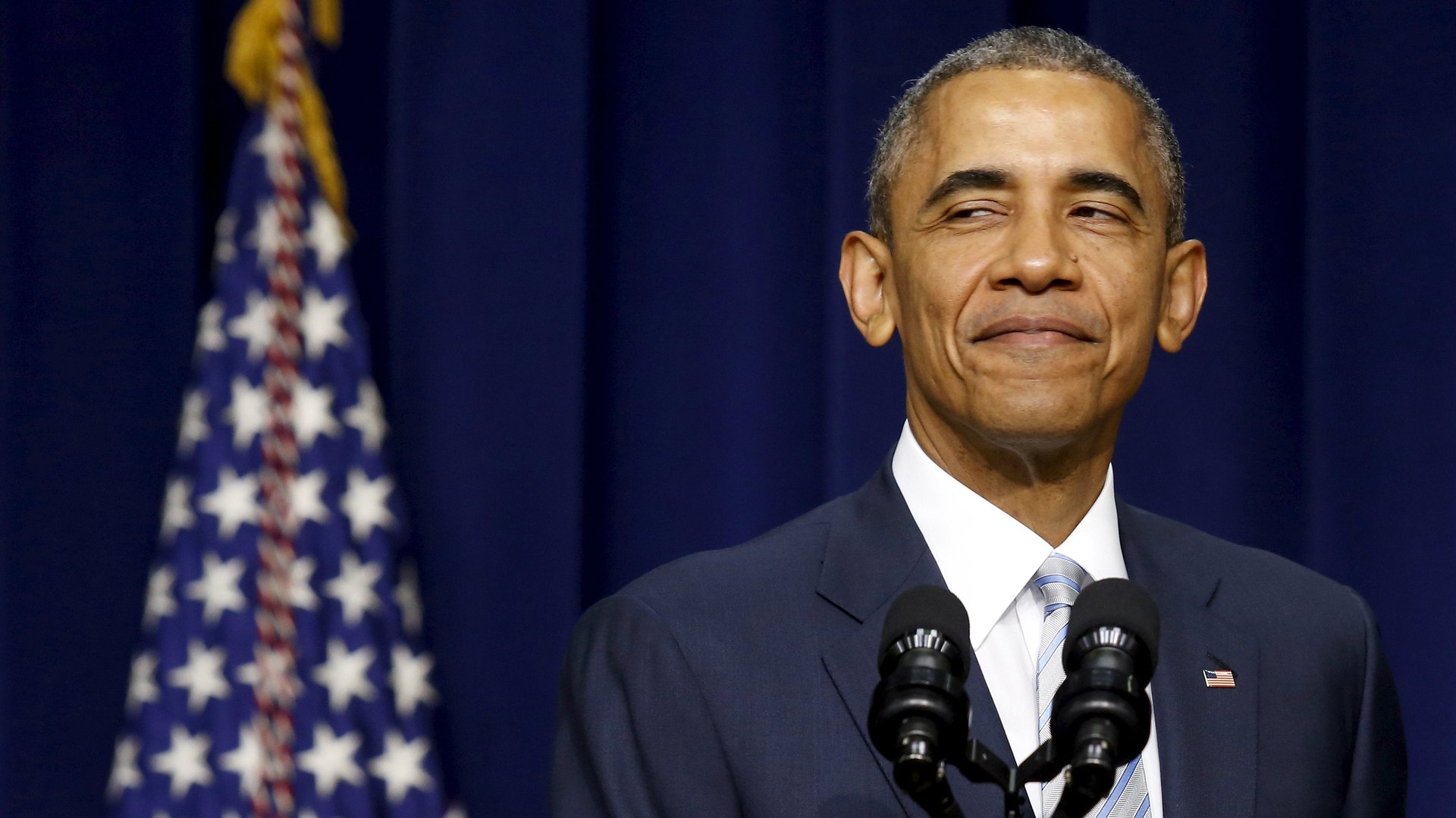The US Supreme Court rules that Americans can keep their subsidized health insurance
President Barack Obama’s signature healthcare reform has survived a major challenge before the US Supreme Court. Six of the nine justices, including chief justice John Roberts, ruled that an ambiguous wording in the law was not sufficient to revoke the plan’s government subsidies that have allowed some 6 million poor and middle-class Americans to buy more affordable health insurance.


President Barack Obama’s signature healthcare reform has survived a major challenge before the US Supreme Court. Six of the nine justices, including chief justice John Roberts, ruled that an ambiguous wording in the law was not sufficient to revoke the plan’s government subsidies that have allowed some 6 million poor and middle-class Americans to buy more affordable health insurance.
A clause an Internal Revenue Service regulation said that subsidies are available only to people who buy insurance from “an exchange established by the state,” which the plaintiffs used to argue that many of the law’s subsidies—a cornerstone of the Affordable Care Act, as Obamacare is officially known—were illegal.
Roberts, who penned the majority decision, disagreed, writing:
The argument that the phrase “established by the State” would be superfluous if Congress meant to extend tax credits to both State and Federal Exchanges is unpersuasive. … Congress passed the Affordable Care Act to improve health insurance markets, not to destroy them.
The justices in the majority—Roberts, fellow conservative Anthony Kennedy, and the court’s four liberal judges—looked at the broader “context and structure” of the act, and concluded that it was intended to allow tax credits under any exchange created by the law, whether state or federal.
The ruling is a major win for Obama, whose signature legislative effort has now decisively survived two challenges before the nation’s highest court. The health insurance industry, which has seen a new influx of customers under the law, is also likely to be pleased: